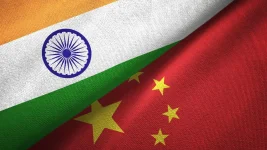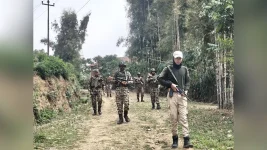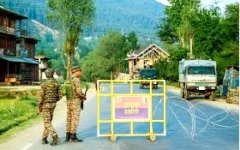Tensions are running high in Nagaland amidst accusations from the National Socialist Council of Nagaland-Isak-Muivah (NSCN-IM) that Indian security forces are collaborating with Kuki rebel groups operating in neighboring Manipur.
The NSCN-IM, a major player in ongoing peace talks with the Indian government, vehemently denies any involvement in the escalating violence between the Meitei and Kuki-Zo communities in Manipur. Instead, they point the finger at the Indian Army's Assam Rifles (AR) and Para Regiment, alleging these forces are openly siding with Kuki militants, particularly the Kuki National Army (KNA) – Myanmar.
According to the NSCN-IM, this collaboration has created a volatile "war-like" atmosphere along the India-Myanmar border, with reports of increased movement and activity by Kuki militants. They further claim that the National Investigation Agency (NIA) is attempting to shift blame by falsely implicating the NSCN-IM in the Manipur conflict.
These accusations are deeply concerning, as they threaten to derail the ongoing peace talks between the NSCN-IM and the Indian government. Trust and transparency are essential for these talks to succeed, and this incident risks undermining the progress made so far.
Open-source information suggests that the KNA and other Kuki groups have been active in the Manipur conflict, and there have been reports of cross-border movements between Manipur and Myanmar.
The future of the Naga peace process hangs in the balance. It is crucial for all stakeholders to prioritize dialogue and cooperation in order to achieve a lasting and peaceful resolution to this decades-long conflict.




